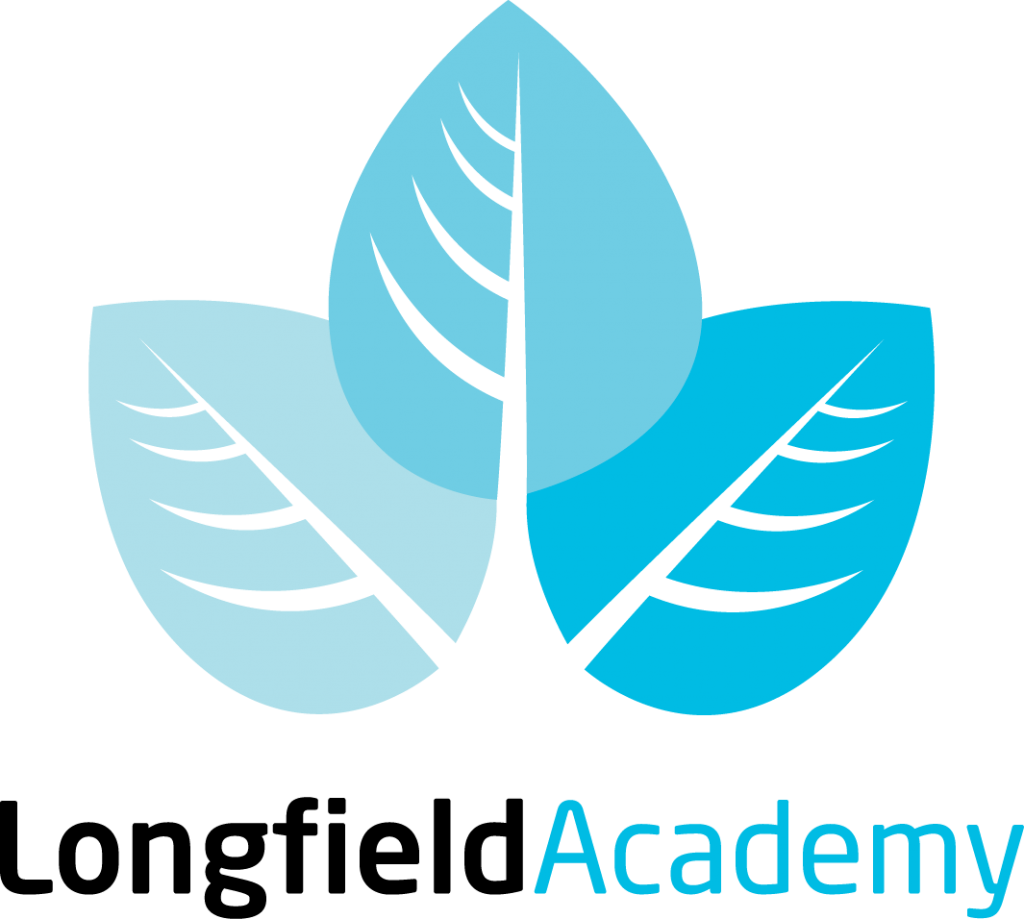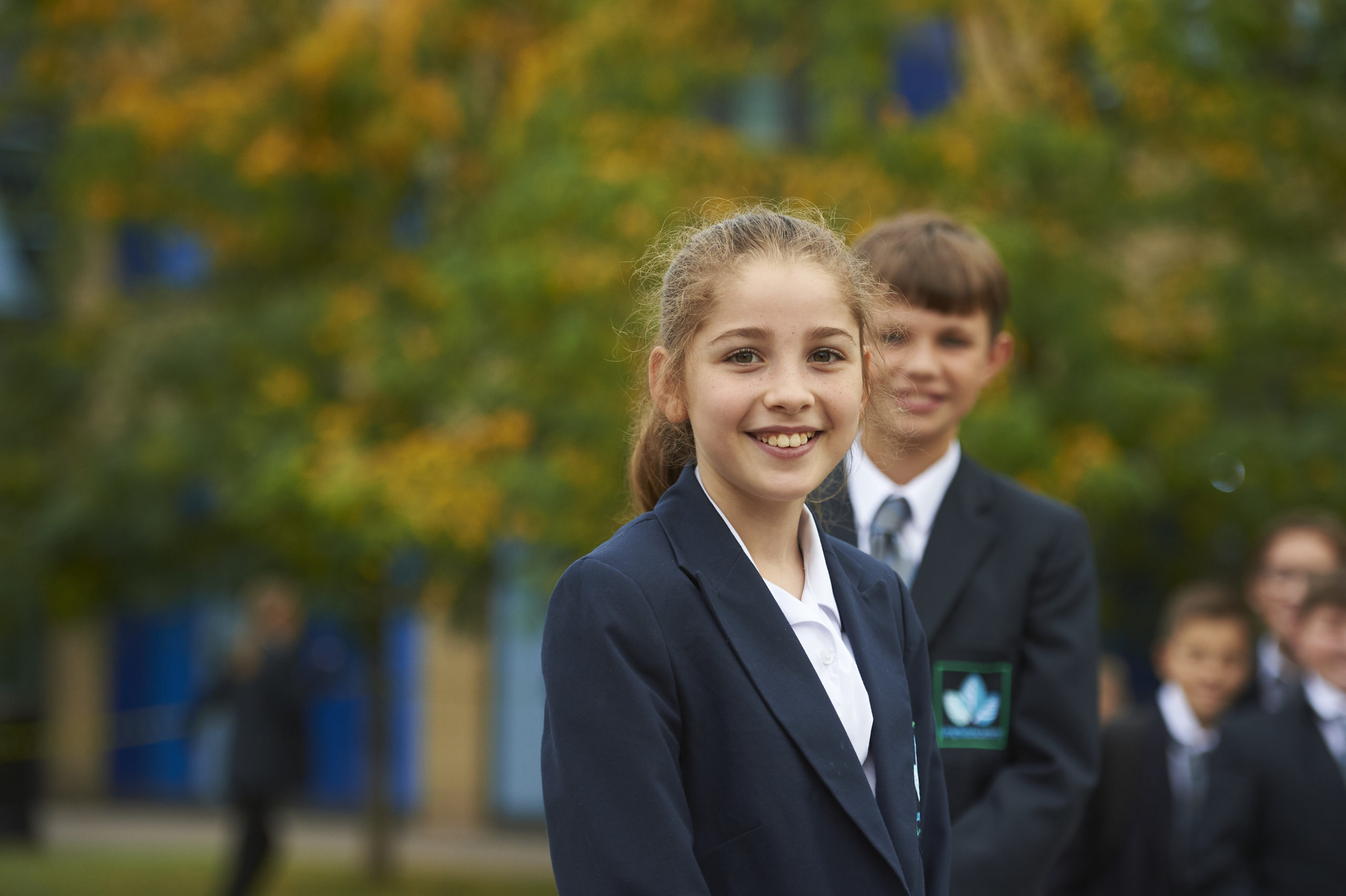In response to the statement above, Longfield Academy provides a curriculum that is appropriate to the students it serves. The offer is described in the Prospectus so that prospective parents know what we provide and can take account of it in deciding if Longfield Academy is the right school for their son or daughter.
The academic year is organised around six modules of learning with reporting on student progress at least twice each year.
The Academy operates a school day of 5, 1 hour lessons. The exception to this is Wednesdays when students leave at the start of the afternoon after 4 lessons.
curriculum intent and implementation



